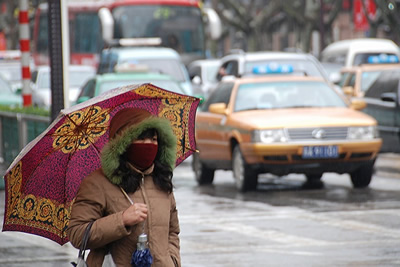The Sustainable Mobility for All (SuM4All) initiative published today the Global Roadmap of Action toward Sustainable Mobility (GRA), a tool to guide country decision-makers on how to achieve mobility that is efficient, accessible, safe and green.
The roadmap of action is a follow-up to the 2017 Global Mobility Report, the first-ever global assessment of the transport sector across all modes.
With growing urbanization, increasing world trade and new technologies, the global mobility system is stressed. More than 1 billion people, or one-third of the global rural population, lacks access to all-weather roads and transport services – a major barrier to social and economic advancement.
And though mobility is a key factor of human progress, transport is a major contributor to CO2 emissions.
“The current mobility system takes a heavy toll on our planet and leaves many people behind,” SuM4All programme manager Nancy Vandycke said.
“In most cases, it’s also expensive, inefficient and unsafe,” she added.
The roadmap of action will help countries identify gaps, crucial steps and appropriate policies to ensure that transport contributes to achieving the Sustainable Development Goals by 2030.
Ms. Vandycke said it’s the first comprehensive effort to look across the four policy goals of accessibility, efficiency, safety, and green mobility for all modes of transport, with a focus on action.
According to the roadmap, closing the transport access gap in rural areas would connect one billion more people to education centres, healthcare facilities and jobs. Improvements in border administration, transport and communication infrastructure could increase global GDP by up to US$2.6 trillion. And an additional 1.6 billion people would breathe cleaner air if transport pollution was halved.
UNCTAD Secretary-General Mukhisa Kituyi said the roadmap of action is necessary because freight transport is a global phenomenon and therefore needs global solutions.
“Multilateral approaches underpinned by a shared vision, a sense of community and multi-stakeholder collaboration are the ultimate safeguard against impractical solutions that distort the playing field while leaving behind the most vulnerable and the weakest,” Dr. Kituyi said.
“Achieving freight transportation systems that are truly economically efficient, environmentally sound and socially inclusive would otherwise be impossible.”
The GRA report is the outcome of more than 18 months of work by 55 influential organizations, 180 experts, and consultations with 50 public decision makers and 25 private corporations.
SuM4All is an umbrella platform supported by 55 public and private organizations with a shared ambition to transform the future of mobility.



